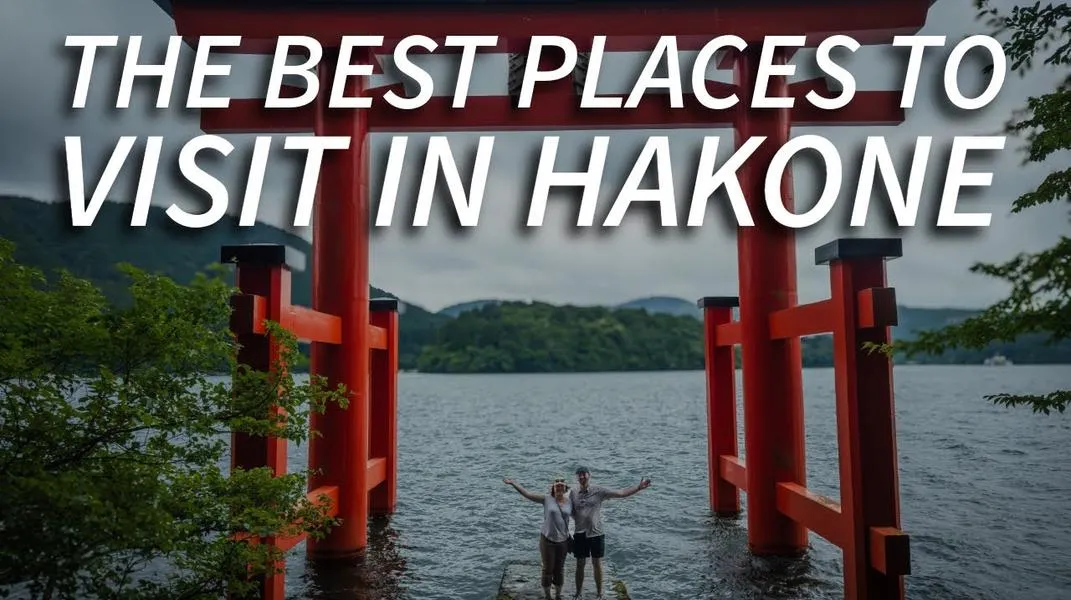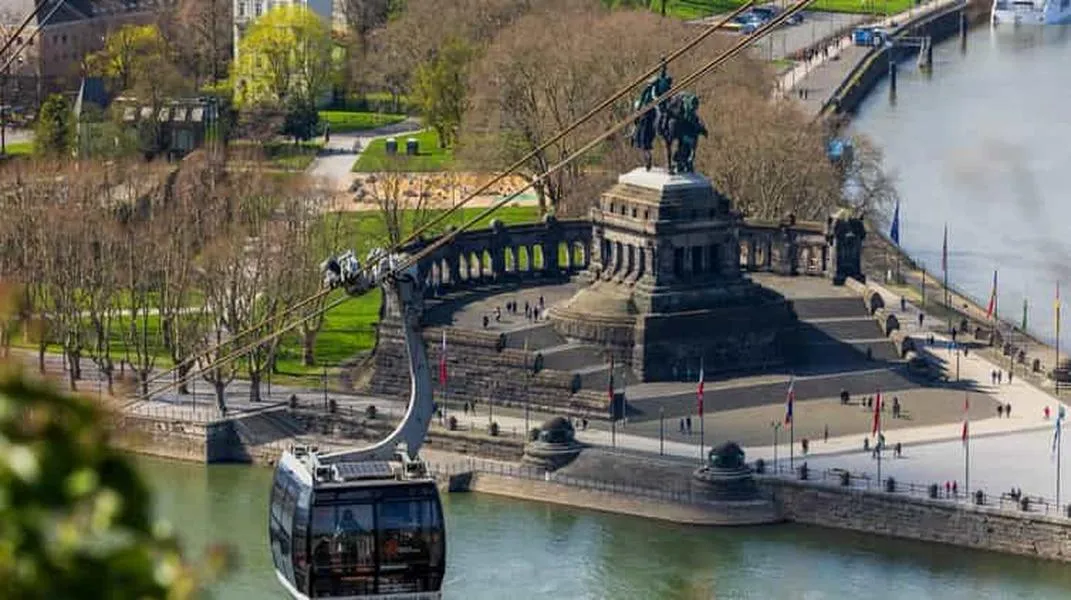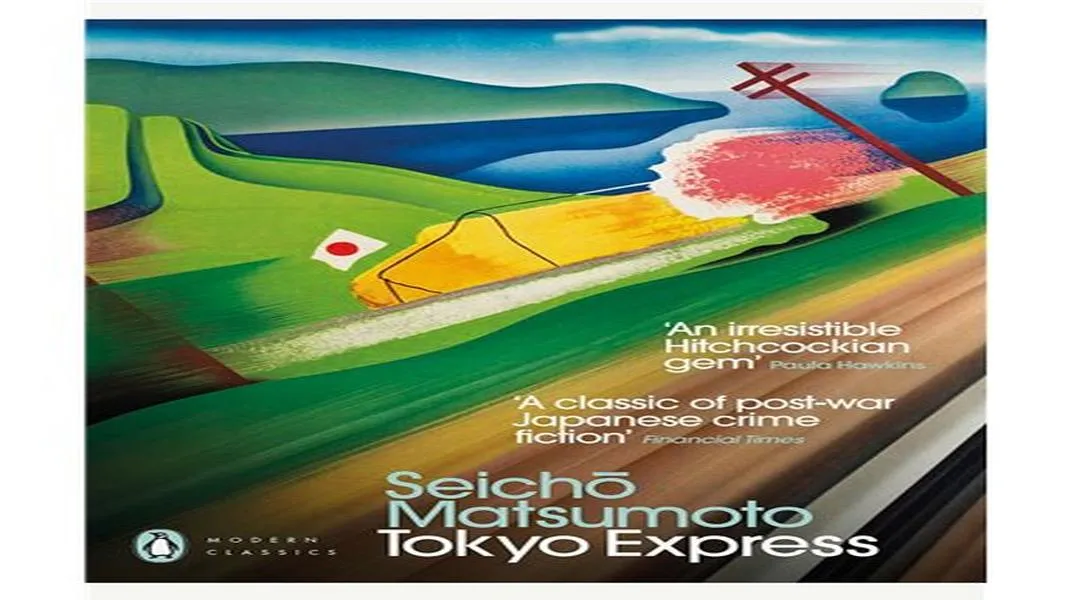Discovering Hakone: A Comprehensive Guide to Japan's Scenic Gem
Nestled in the mountainous region of Kanagawa Prefecture, Hakone is a picturesque destination that captivates travelers with its stunning natural beauty, rich cultural heritage, and world-renowned hot springs. Just an hour away from Tokyo, this charming town is a perfect escape for those seeking both adventure and relaxation. In this article, we will delve into the attractions that Hakone has to offer, explore its unique experiences, and provide a comprehensive guide on what to prepare for your visit.

A Brief Overview of Hakone
Hakone is part of the Fuji-Hakone-Izu National Park and is renowned for its breathtaking views of Mount Fuji, serene lakes, lush forests, and volcanic activity. The area is famous for its onsen (hot springs), art museums, and various outdoor activities, making it a versatile destination for all types of travelers. The town’s rich history as a post town on the historic Tōkaidō Road adds an extra layer of charm, inviting visitors to step back in time.
Getting to Hakone
Reaching Hakone is relatively straightforward, especially from Tokyo. The most convenient way is to take the Odakyu Limited Express Romancecar from Shinjuku Station, which offers a comfortable ride with scenic views. Alternatively, visitors can take the Shinkansen (bullet train) to Odawara Station and then transfer to the Hakone Tozan Railway. Regardless of your choice, the journey itself is a delightful prelude to the wonders that await in Hakone.
Major Attractions in Hakone
1. Hakone Open-Air Museum
The Hakone Open-Air Museum is a must-visit for art enthusiasts. Set against the backdrop of the stunning Hakone mountains, this outdoor museum features a diverse collection of sculptures and installations from both Japanese and international artists. The museum’s sprawling gardens allow visitors to wander among the artworks, creating a unique blend of nature and art. Highlights include works by renowned artists like Picasso and Henry Moore, as well as the museum's own Picasso Pavilion, which showcases an extensive collection of his paintings and ceramics.
2. Owakudani Valley
Owakudani Valley is an active volcanic zone that offers a glimpse into Japan's geothermal wonders. Visitors can explore the area on foot, taking in the dramatic landscape filled with steam vents and sulfurous fumes. The valley is famous for its black eggs, which are boiled in the hot springs and turn black due to the sulfur. Legend has it that eating one of these eggs adds seven years to your life. The ropeway provides stunning aerial views of the valley and, on clear days, breathtaking vistas of Mount Fuji.
3. Lake Ashi (Ashi Lake)
Lake Ashi is a crater lake formed by volcanic activity and is one of Hakone's most iconic sites. The lake is famous for its serene beauty and the picturesque views of Mount Fuji that can be enjoyed from its shores. Visitors can take a scenic boat cruise on the lake, which offers an opportunity to relax and soak in the stunning surroundings. The Hakone Sightseeing Cruise operates traditional pirate ships, adding a whimsical touch to your journey across the water.
4. Hakone Shrine
Perched on the shores of Lake Ashi, Hakone Shrine is a spiritual haven that dates back to the 757 AD. The shrine is surrounded by towering cedar trees and features a striking torii gate that rises from the water, creating a picturesque scene. The tranquil atmosphere invites visitors to explore the shrine's grounds, which include a sacred well and a small museum displaying religious artifacts. The path leading up to the shrine is lined with stone lanterns, providing a serene ambiance.
5. Gora Park and the Hakone Museum of Art
Gora Park is a beautiful landscape garden that features seasonal flowers, a teahouse, and a small pond. The park is an ideal spot for a leisurely stroll or a picnic. Adjacent to the park is the Hakone Museum of Art, which specializes in Japanese ceramics and pottery. The museum's serene garden is designed to harmonize with the surrounding natural landscape, making it a peaceful retreat for art lovers.
6. Onsen Experiences
Hakone is synonymous with onsen culture, offering a plethora of hot spring baths to soothe the body and soul. Many ryokan (traditional Japanese inns) feature their own onsen facilities, providing a serene escape amidst nature. Public bathhouses, such as Tenzan Tohji-kyo and Yunessun, also offer a variety of options, including outdoor baths with stunning mountain views. For the ultimate experience, consider staying overnight in a ryokan to enjoy a kaiseki meal followed by a soak in the hot springs.
7. The Hakone Ropeway
The Hakone Ropeway is an exhilarating way to explore the region. Stretching from Sounzan Station to Togendai Station, the ropeway offers panoramic views of Owakudani Valley, Lake Ashi, and the majestic Mount Fuji. The ride is particularly beautiful in autumn when the foliage transforms into vibrant hues of red and gold. Be sure to have your camera ready to capture the stunning vistas along the way.
8. The Pola Museum of Art
The Pola Museum of Art is another cultural gem in Hakone, showcasing a remarkable collection of Western and Japanese art. The museum is set in a lush forest, with a design that seamlessly blends with its natural surroundings. The collection includes works by Impressionist masters such as Monet, as well as contemporary Japanese artists. The museum also hosts rotating exhibitions, making each visit a unique experience.
Preparing for Your Visit to Hakone
To ensure a smooth and enjoyable visit to Hakone, here are some essential materials and tips to prepare:
1. Transportation Passes
Consider purchasing the Hakone Free Pass, which provides unlimited access to various forms of transportation within the Hakone area, including the Hakone Tozan Railway, the ropeway, and the sightseeing cruise on Lake Ashi. This pass is not only convenient but also cost-effective for those planning to explore multiple attractions.
2. Accommodation Bookings
Hakone offers a wide range of accommodation options, from luxurious ryokan to budget-friendly hotels. It is advisable to book your stay in advance, especially during peak seasons such as cherry blossom in spring and autumn foliage. Staying in a ryokan allows you to immerse yourself in traditional Japanese hospitality and enjoy private onsen baths.
3. Weather Considerations
The weather in Hakone can vary significantly depending on the season. Summers are warm and humid, while winters can be cold with occasional snowfall. Spring and autumn are particularly beautiful, with cherry blossoms and autumn leaves enhancing the landscape. Check the weather forecast and pack accordingly. Layers are recommended, as temperatures can fluctuate throughout the day.
4. Comfortable Footwear
Hakone is best explored on foot, so it is essential to wear comfortable shoes. Many attractions require walking or hiking, and some paths can be uneven. A good pair of walking shoes or hiking boots will enhance your experience and allow you to explore the area without discomfort.
5. Cash and Payment Options
While many places in Hakone accept credit cards, there are still some smaller shops, onsen facilities, and restaurants that may only accept cash. It is advisable to carry some yen with you for small purchases and entrance fees. ATMs are available, but be aware that some may not accept foreign cards.
6. Cultural Etiquette
When visiting onsen, it is essential to understand the etiquette involved. Be sure to wash and rinse your body thoroughly before entering the communal baths, and remember that swimwear is not allowed. Tattoos may be frowned upon in some onsen, so check in advance if you plan to visit.
7. Local Cuisine
Don’t miss the opportunity to savor Hakone’s local cuisine. Try yuba (tofu skin), which is a specialty of the area, as well as fresh seafood from nearby lakes. Many ryokan offer kaiseki meals, which consist of multiple courses featuring seasonal ingredients. Be sure to ask about any dietary restrictions when making reservations.
Conclusion
Hakone is a treasure trove of natural beauty, cultural experiences, and relaxation opportunities. Whether you’re exploring its art museums, soaking in onsen, or taking in the breathtaking views from the ropeway, there’s something for everyone to enjoy. With careful planning and preparation, your visit to Hakone can be a memorable experience, allowing you to immerse yourself in the enchanting landscapes and rich traditions of Japan. Embrace the serenity of this scenic gem and create lasting memories in one of Japan's most beloved destinations.




